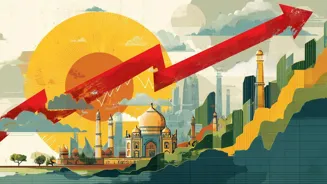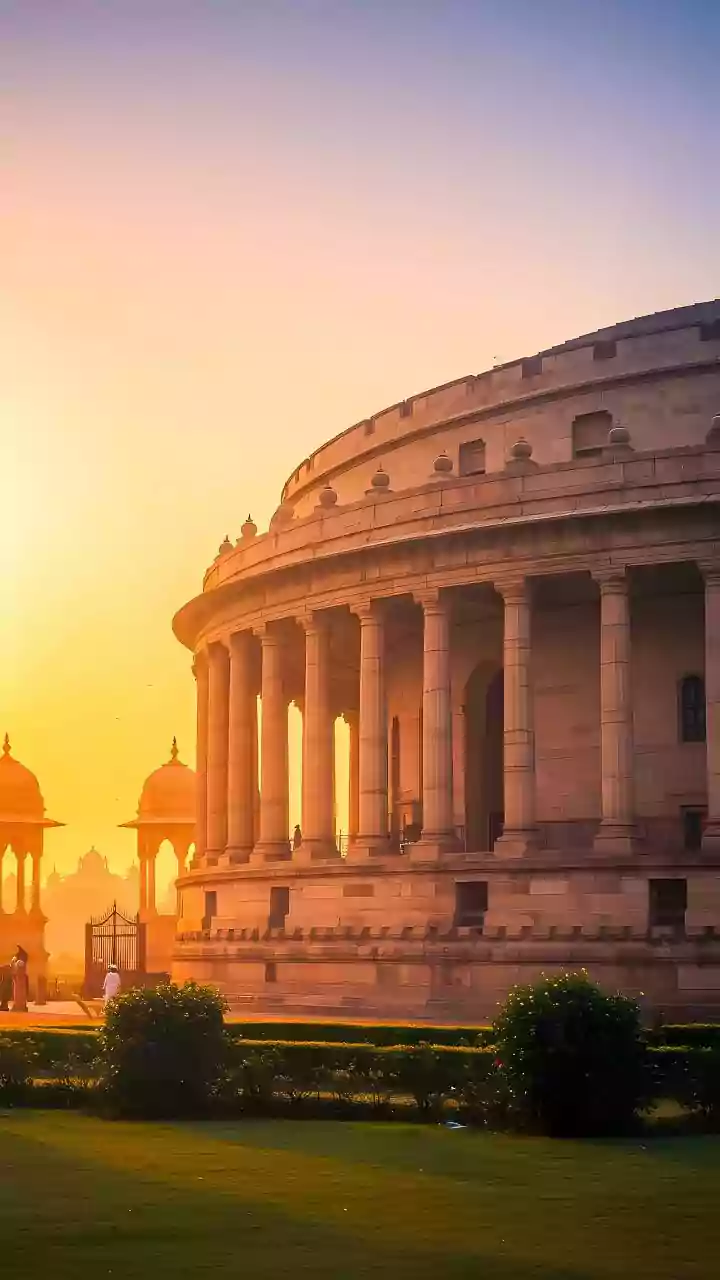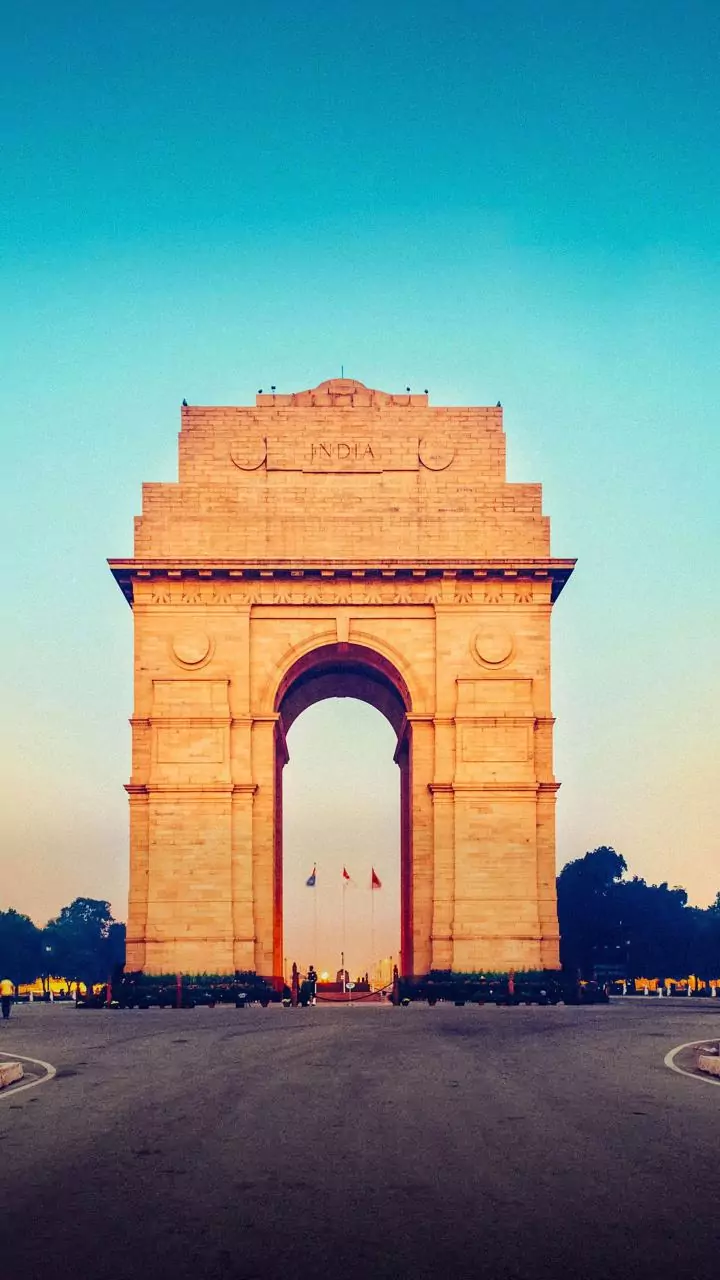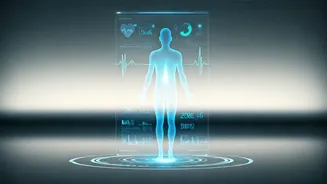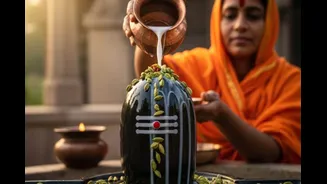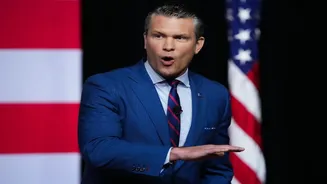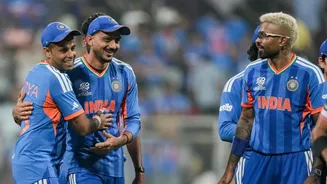What is the story about?
Prime Minister Narendra Modi made a rousing speech from the ramparts of the Red Fort on the occasion of the 79th Independence Day. His address depicted the aspirations of a ‘Naya Bharat’, in line with the theme of this year’s celebrations.
His address not only covered the highlights of India's achievements in the last decade but also laid down a blueprint of what the central government has in store for Indian citizens for the next 10 years.
From the Red Fort, he unveiled a series of initiatives focused on enhancing national security, generating employment, reforming the tax system, and advancing technological self-reliance, all aligned with the government's vision of transforming India into a Viksit Bharat by 2047.
The prime minister announced a present for Indian taxpayers for the upcoming Diwali celebrations. Next-generation GST reforms will be unveiled on Diwali in October, reducing taxes on essential goods and providing relief to MSMEs, local vendors, and consumers.
Referring to the GST rollout on 1 July 2017, which unified various taxes and local levies, he noted that the indirect tax system has now completed eight years, making it an opportune moment for further reforms. Consultations with states have already taken place, and a high-powered committee of state finance ministers is currently working on rationalising rates and reducing tax slabs.
"This Diwali, I am going to make it a double Diwali for you... Over the past eight years, we have undertaken a major reform in GST... We are bringing next-generation GST reforms. This will reduce the tax burden on taxpayers across the country," PM Modi said.
PM Modi announced the creation of a dedicated Reform Task Force to drive next-generation reforms. Its mandate: accelerate economic growth, cut red tape, modernise governance, and prepare Bharat for the demands of a $10 trillion economy by 2047.
The task force will review laws, rules, and procedures related to start-ups, MSMEs, and entrepreneurs with an aim to cut costs, protect citizens against arbitrary legal action, and streamline laws to improve ease of doing business.
His address not only covered the highlights of India's achievements in the last decade but also laid down a blueprint of what the central government has in store for Indian citizens for the next 10 years.
From the Red Fort, he unveiled a series of initiatives focused on enhancing national security, generating employment, reforming the tax system, and advancing technological self-reliance, all aligned with the government's vision of transforming India into a Viksit Bharat by 2047.
Diwali bonanza: GST reforms
The prime minister announced a present for Indian taxpayers for the upcoming Diwali celebrations. Next-generation GST reforms will be unveiled on Diwali in October, reducing taxes on essential goods and providing relief to MSMEs, local vendors, and consumers.
Referring to the GST rollout on 1 July 2017, which unified various taxes and local levies, he noted that the indirect tax system has now completed eight years, making it an opportune moment for further reforms. Consultations with states have already taken place, and a high-powered committee of state finance ministers is currently working on rationalising rates and reducing tax slabs.
"This Diwali, I am going to make it a double Diwali for you... Over the past eight years, we have undertaken a major reform in GST... We are bringing next-generation GST reforms. This will reduce the tax burden on taxpayers across the country," PM Modi said.
Reform Task Force for a $10 Trillion Bharat
PM Modi announced the creation of a dedicated Reform Task Force to drive next-generation reforms. Its mandate: accelerate economic growth, cut red tape, modernise governance, and prepare Bharat for the demands of a $10 trillion economy by 2047.
The task force will review laws, rules, and procedures related to start-ups, MSMEs, and entrepreneurs with an aim to cut costs, protect citizens against arbitrary legal action, and streamline laws to improve ease of doing business.
